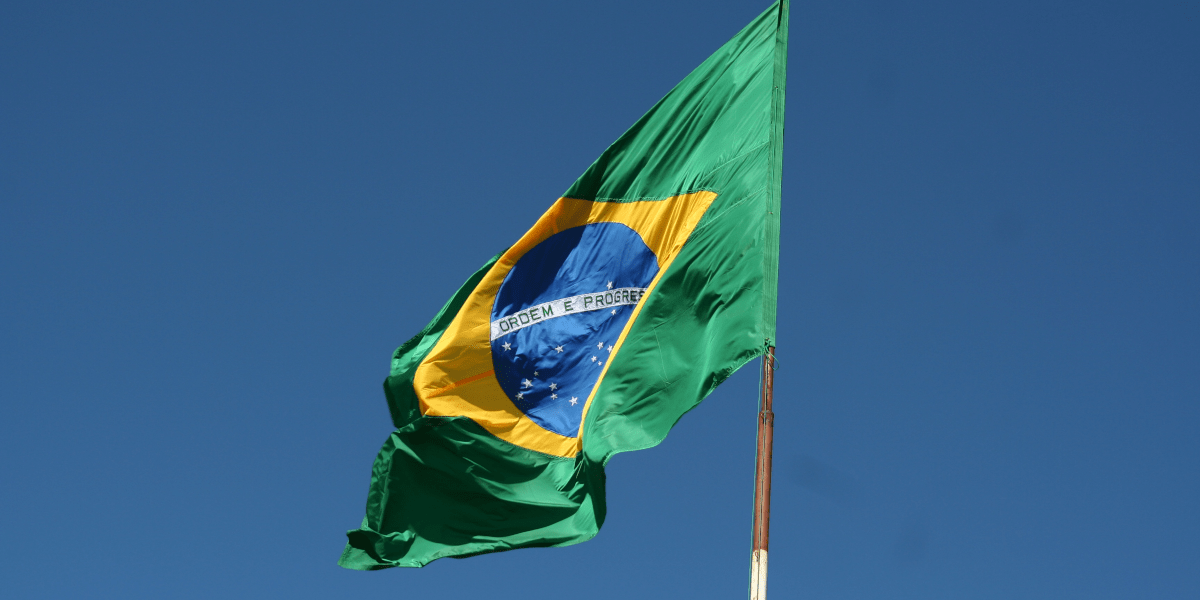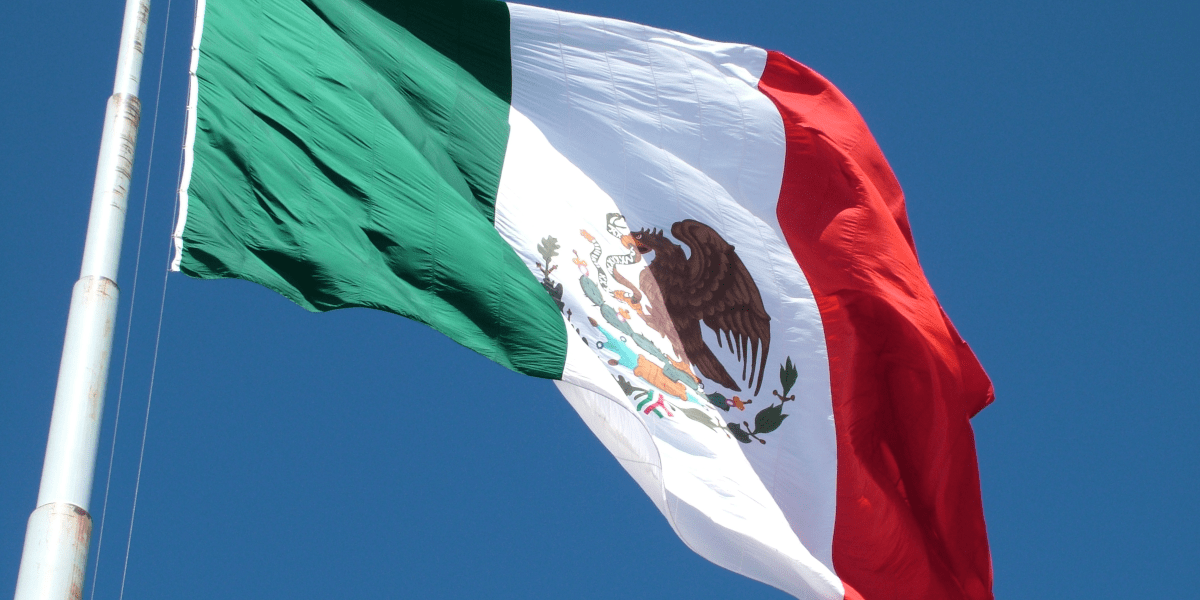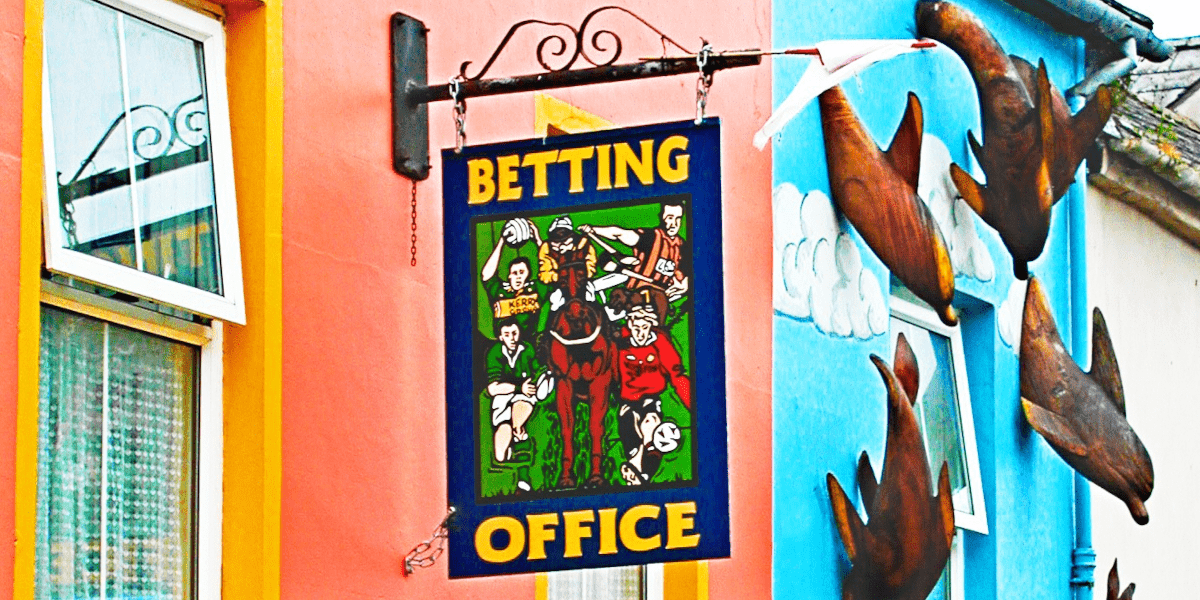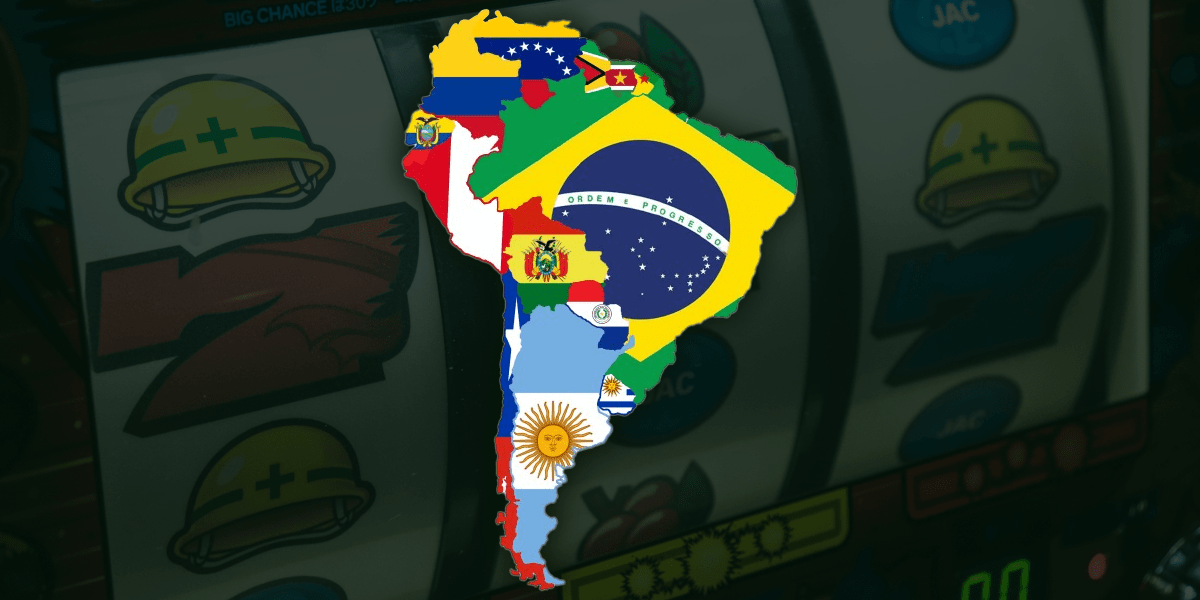The evolving legal framework poses a significant challenge in entering new markets. To avoid fruitless efforts, it is crucial to thoroughly examine the state and trends of the gambling industry in Latin America (Latam) and overcome obstacles for a successful online casino launch.
Gambling is a National Thing: New Wave
With a population of over 661 million people, South America holds a significant market for gambling, as evidenced by the growing interest in countries such as Argentina, Chile, Colombia, and Peru, where sportsbooks and online platforms are already regulated. Other countries in the region, including Bolivia, Paraguay, Brazil, and Mexico, are following suit by introducing amendments to their legal frameworks for online gambling. However, there is still a lack of a unified system across the continent. To navigate this market effectively, let’s approach it in alphabetical order.
Argentina
The economically developed country is home to over 46 million people. Gambling has been permitted here since 1882, starting with the establishment of a jockey club and later expanding to include charity lotteries and soccer match betting. Presently, gambling activities are regulated by the provinces, with 14 out of 24 entities allowing mobile betting and online casinos. The Argentine online gambling market has generated approximately $2.5 billion in annual revenue since 2020, with a 25% tax on Gross Gaming Revenue (GGR). Notably, only licensed operators are permitted to advertise gambling within the country.
Brazil
The country, with approximately 200 million inhabitants, made the move to legalize online gambling in 2018, although the final implementation of the law has been delayed for the time being. While gambling regulation is currently in the planning stages, once it is established, this country has the potential to become a dominant force in the gambling industry on the continent. With a significant 63% of the population using smartphones and a strong interest in sports, Brazil could prove to be a lucrative market for any bookmaker.

Colombia
In a country with a population of 50 million and a relatively developed economy, significant efforts are being made to establish a robust framework for online gambling and betting. Colombia has emerged as a trailblazer in Latin America, being the first country to introduce gambling regulation through legislation. Over the past five years, licenses have been issued, and nearly all forms of gambling, ranging from slots to lotteries, have been legalized. The state has witnessed substantial revenue from the gambling industry, surpassing $200 million in 2020, with a 15% tax on Gross Gaming Revenue (GGR).
Dominican Republic
In the Dominican Republic, the legalization of gambling began in the 1960s of a bygone century. Today there are tax breaks for businesses investing in tourism. Different types of gambling are easily regulated here, but acquiring a license can run into a penny: $230,000 + a fee of $23,000. Operators are required to set aside up to 25% of players’ winnings for the state coffers.
Mexico
With a population of 120 million, vibrant Mexico provides an ideal setting for online gambling. Over 60% of residents have access to mobile internet, and there is a plethora of land-based casinos available. The government has established regulations for almost all forms of gambling. Operators are not required to obtain an additional license; instead, they can enter into partnerships with existing gambling license holders.

Still Under Prohibition
The taboo is imposed in Costa Rica, Bolivia and is aimed only at locals. However, foreigners are allowed to “replenish” the state coffers with bets, from which these countries have become a paradise for offshore casinos. In Costa Rica, there are over 450 iGaming companies. And in Bolivia there are many illegal gambling establishments, which are still not regulated at the federal level. Gambling is also banned in Guyana, except for lotteries and regular sweepstakes.
Meanwhile, in Peru, casinos and slot machines are clearly regulated, while lotteries, betting shops continue to operate without oversight. There is also no legal framework regarding online gambling in Uruguay. The Montevideo Free Trade Zone allows online casinos to open legally, but only if they don’t offer their services to residents of the country.
Pain Points in Latam
The Latin American region is known for its love of sports, so betting and sportsbooks are prioritized here. Difficulties arise with payment processing. Limited access to bank services: making deposits, securing transactions, cashing out, creates obstacles.
In Latham, over 50% of people use digital payments. The most popular payment systems are PIX, Boleto and Pay4Fun. Their transactions are strictly controlled by the government.
Another challenge in Latam is offline betting vouchers. They make the gambling process more anonymous, but increase the risk of fraud and money laundering.

Latam Gambling — Visible Outlook
Despite the challenges, the iGaming market in Latam has many prospects:
- Mobile gaming. By 2025, the region will account for 10% of the total mobile gaming users on the planet. This will open up new opportunities for the development of mobile-based gaming offers.
- Esports leagues is a fast-growing segment of the gaming industry. It provides new opportunities for an exciting gaming experience and betting on the results of competitions.
- Cryptocurrency market is the seventh largest market globally. Latam residents are experiencing an increasing interest in blockchain technology, and the number of crypto-bettors is increasing.
The gambling industry is expecting a significant jump in the near future. Every year, Latam countries introduce separate bills, leading to a surge in demand for online casinos and sportsbooks. There are still some regulatory hurdles to overcome and competition from traditional land-based casinos.
Seek guidance and legal assistance from GamingLicensing experts, with their extensive experience working with diverse regulatory bodies. We offer tailored business strategies for the Latin American market, providing support in aspects of your iGaming business and licensing in different jurisdictions. Take advantage of the promising future of this region by entering the gambling market in Latin America by 2023. Contact GamingLicensing for more information and secure successful licensing for your business in the countries of this region.

